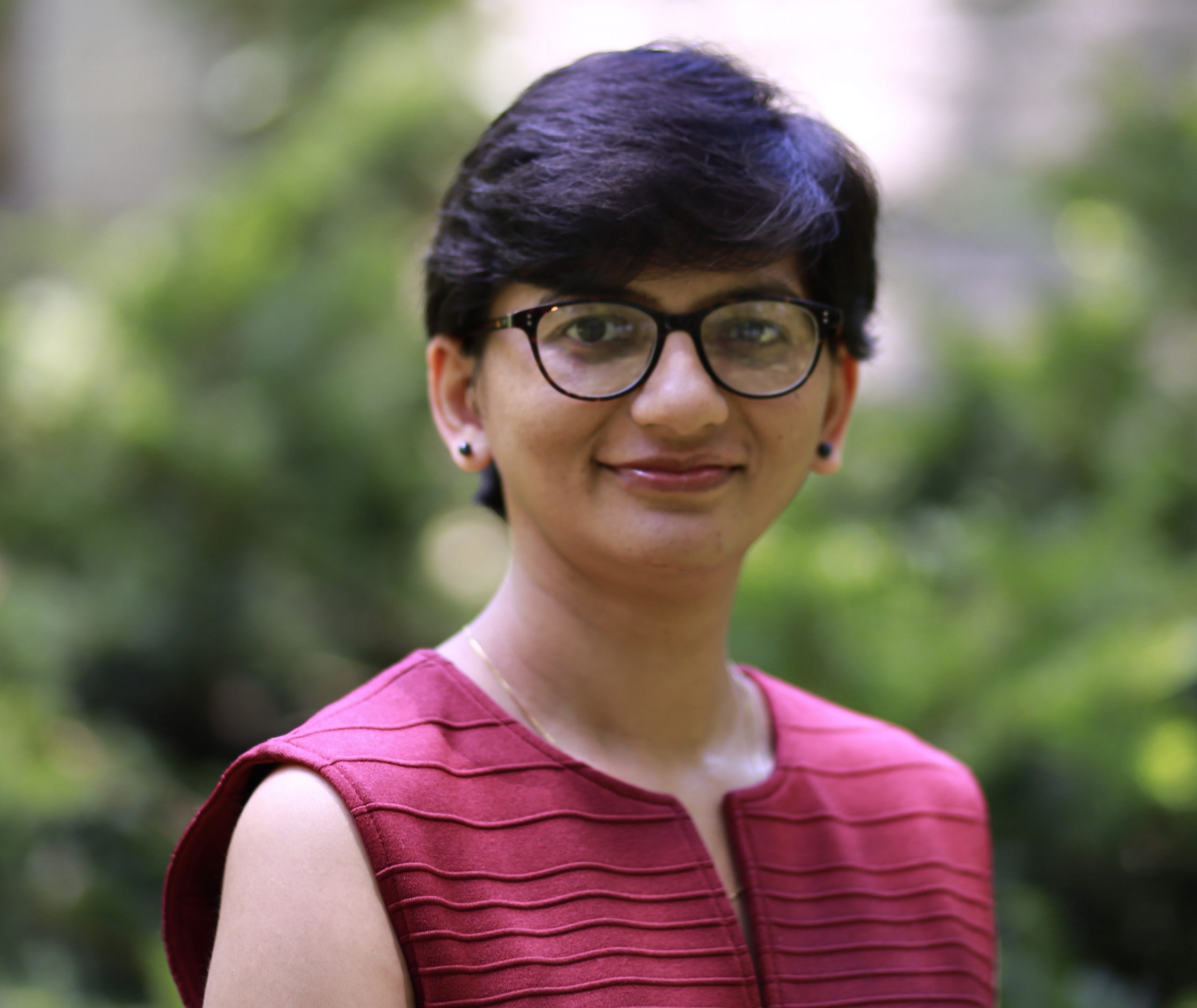“While the decade-long patent battle over the Nobel Prize-winning technology might have come to an end with Broad breathing a sigh of relief and CVC contemplating whether to take it to the next level, this has left some biotech companies scrambling to renegotiate their licensing agreements.”
 By now, news of MIT and Harvard’s Broad Institute’s victory over the CVC group (the University of California-Berkeley, the University of Vienna, and Emmanuelle Charpentier) in a dispute over genome-editing CRISPR technology has spread like wildfire in the biotech industry and academia. To recap, the Patent Trial and Appeal Board (PTAB) of the United States Patent and Trademark Office (USPTO) ruled that the Broad Institute (Broad) was the first to invent single-guide CRISPR-Cas9 gene-editing technology for use in eukaryotes. Furthermore, the judges ruled that “CVC fails to provide sufficient, persuasive evidence of an earlier reduction to practice or conception, as they are legally defined, of each and every element of Count 1 before Broad’s evidence of reduction to practice.” While the decade-long patent battle over the Nobel Prize-winning technology might have come to an end with Broad breathing a sigh of relief and CVC contemplating whether to take it to the next level, this has left some biotech companies scrambling to renegotiate their licensing agreements. In addition, this decision has substantial financial ramifications, as multiple companies have invested millions of dollars in translating CRISPR into medical therapies to benefit patients.
By now, news of MIT and Harvard’s Broad Institute’s victory over the CVC group (the University of California-Berkeley, the University of Vienna, and Emmanuelle Charpentier) in a dispute over genome-editing CRISPR technology has spread like wildfire in the biotech industry and academia. To recap, the Patent Trial and Appeal Board (PTAB) of the United States Patent and Trademark Office (USPTO) ruled that the Broad Institute (Broad) was the first to invent single-guide CRISPR-Cas9 gene-editing technology for use in eukaryotes. Furthermore, the judges ruled that “CVC fails to provide sufficient, persuasive evidence of an earlier reduction to practice or conception, as they are legally defined, of each and every element of Count 1 before Broad’s evidence of reduction to practice.” While the decade-long patent battle over the Nobel Prize-winning technology might have come to an end with Broad breathing a sigh of relief and CVC contemplating whether to take it to the next level, this has left some biotech companies scrambling to renegotiate their licensing agreements. In addition, this decision has substantial financial ramifications, as multiple companies have invested millions of dollars in translating CRISPR into medical therapies to benefit patients.
The CRISPR IP Puzzle
Like other robust and commercially viable technologies, CRISPR has an expansive patent estate. As generally happens in such cases, universities lack the expertise to commercialize such powerful technology so they license it to their spin-off companies. The Broad and the CVC hold foundational patents. However, various academic institutions and biotech companies hold many incremental and related patents in their attempts to turn it into medical reality. These biotech companies have either taken licenses from Broad or CVC. In light of this recent decision, licensees of CVC will now have to renegotiate with Broad, costing CVC millions of dollars in licensing fees. Renegotiating such licenses is always expensive.
The safe harbor provisions would allow the CVC licensee companies to continue their current research and development needed to obtain regulatory approvals from the Food and Drug Administration (FDA). However, they may have to renegotiate the licensing terms with Broad at the commercialization stage. As David Silverstein of Axinn, Veltrop & Harkrider told STAT, “It’s not like they have to get a license today to continue with R&D tomorrow.” But eventually, it will fall on CVC licensees to negotiate this meandering puzzle of who-owns-what claims of CRISPR technology.
Caribou Biosciences, Intellia Therapeutics, and CRISPR Therapeutics are the few who licensed the CRISPR tech from the CVC. Although, Intellia released an interesting study showing the efficacy of CRISPR in treating a genetic nerve disorder and solidifying its lead in the race. Still, after this news broke, shares of Intellia crashed 20% on the next trading day, while CRISPR Therapeutics fell 6%.
On the other hand, companies like Editas Medicine, Beam Therapeutics, Prime Medicine, and Sherlock Biosciences, who licensed from the Broad Institute, are secure. This decision led the shares of Editas Medicine (a clinical-stage genome editing company and the primary licensee of the Broad Institute) in the United States to climb over 10% in after-market trading on the day of the decision. This dependency of the market value of early-stage companies on the patent news indicates academic institutions’ leverage on the spin-off industrial sector, as commercialization is difficult without these licenses.
Emmanuelle Charpentier, on the other hand, who was not under any obligation to assign her inventor rights to either university, licensed her rights to ERS Genomics and Casebia Therapeutics. Casebia Therapeutics started as a 50–50 joint venture of Bayer and CRISPR Therapeutics, later merged into CRISPR Therapeutics itself. ERS Genomics (ERS), co-founded by Emmanuelle Charpentier in 2014, remains a private firm with a sole focus on out-licensing to maximize commercial access to the CVC global patent portfolio. They can provide licenses in all areas except the use of CRISPR to directly treat a human, which is covered by the Broad patents, the subject of this CRISPR-Cas9 systems dispute. In addition, they provide non-exclusive licenses to the entire CVC portfolio to companies involved in developing and commercializing CRISPR/Cas9 technology, products, and services. Some of these companies are Merck, DuPont, ThermoFisher Scientific, etc.
As with the establishment of ERS, CVC’s out-licensing arm, Broad entered into licensing collaboration with MilliporeSigma to simplify licensing of CRISPR technology. With this collaboration, access is given to MilliporeSigma’s CRISPR patents and access to the Broad Institute licenses to Broad-managed IP. Patent licenses from Broad are separate from the CVC family of patents but practicing any claims under those patents also requires a license to the underlying CVC patents. The establishment of different organizations by both academic institutions for out-licensing shows how complex negotiating the number of licenses is to use this technology.
Solution in a Patent Pool?
To solve the licensing enigma of the whole CRISPR-Cas9 complex patent and licensing landscape, there have been calls from some industry experts to create a patent pool. Such a patent pool will obviate the need to negotiate different licenses from different patent holders, creating a user-friendly marketplace while monetizing the technology for its owners – a win-win solution for both parties. One such vocal voice is of none other than the Broad Institute itself. In the statement issued after the ruling, Broad has pressed for a joint licensing strategy, or patent pools, for several years now – before patents were issued to Broad or the University of California-Berkeley (UCB), with the hope of ensuring open, equitable, and streamlined access to these transformative tools. These efforts continue, and we remain optimistic – said the statement issued by the Broad Institute. Another voice added to the chorus is of MPEG LA®, which made the MPEG-2 patent pool, touting its success in the consumer electronics industry as an example.
Both Broad and CVC promote widespread adoption of CRISPR-Cas9 technology, whatever the dispute is. In addition, both organizations’ non-exclusive licenses for CRISPR IP are a testament that they want to maximize opportunities for therapeutic development for human diseases.
Image Source: Deposit Photos
Image ID:147081781
Copyright:vchalup2

![[IPWatchdog Logo]](https://ipwatchdog.com/wp-content/themes/IPWatchdog%20-%202023/assets/images/temp/logo-small@2x.png)

![[Advertisement]](https://ipwatchdog.com/wp-content/uploads/2024/04/Patent-Litigation-Masters-2024-sidebar-early-bird-ends-Apr-21-last-chance-700x500-1.jpg)

![[Advertisement]](https://ipwatchdog.com/wp-content/uploads/2021/12/WEBINAR-336-x-280-px.png)
![[Advertisement]](https://ipwatchdog.com/wp-content/uploads/2021/12/2021-Patent-Practice-on-Demand-recorded-Feb-2021-336-x-280.jpg)
![[Advertisement]](https://ipwatchdog.com/wp-content/uploads/2021/12/Ad-4-The-Invent-Patent-System™.png)







Join the Discussion
No comments yet.